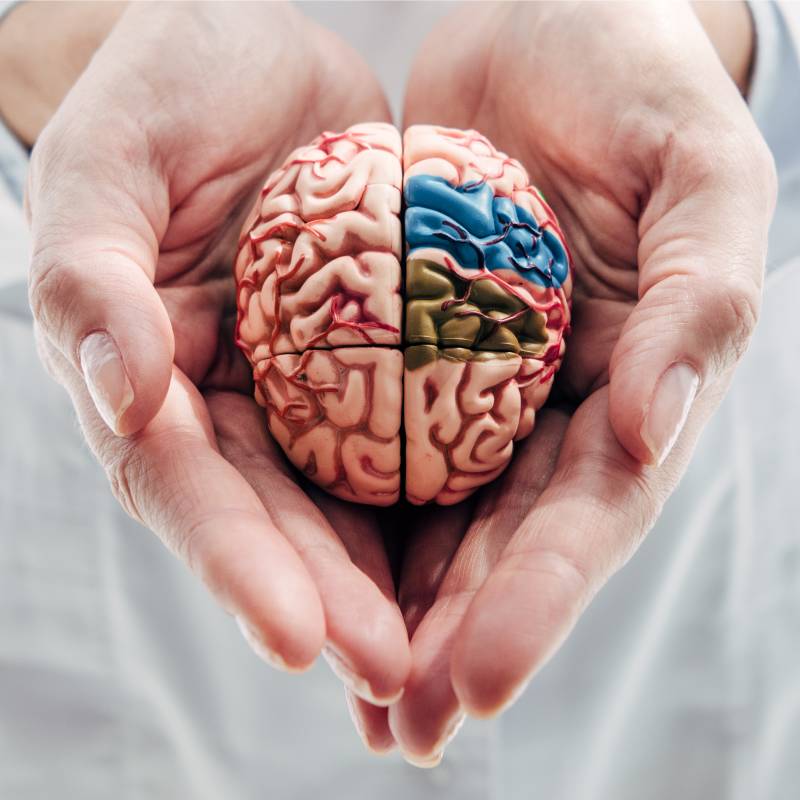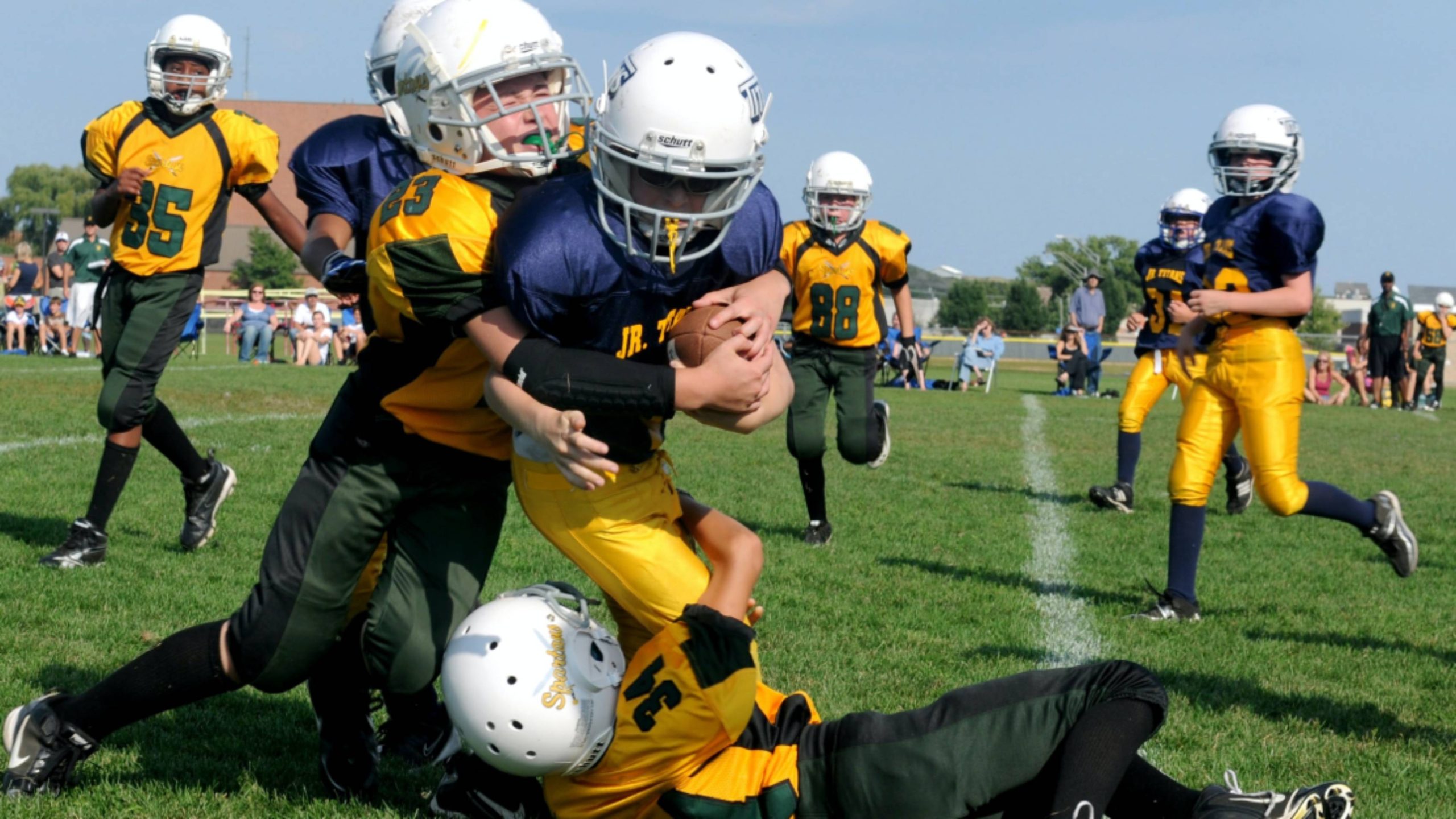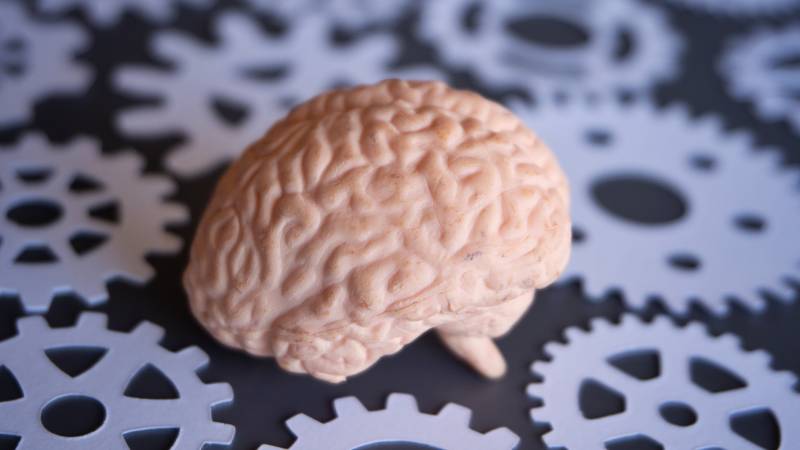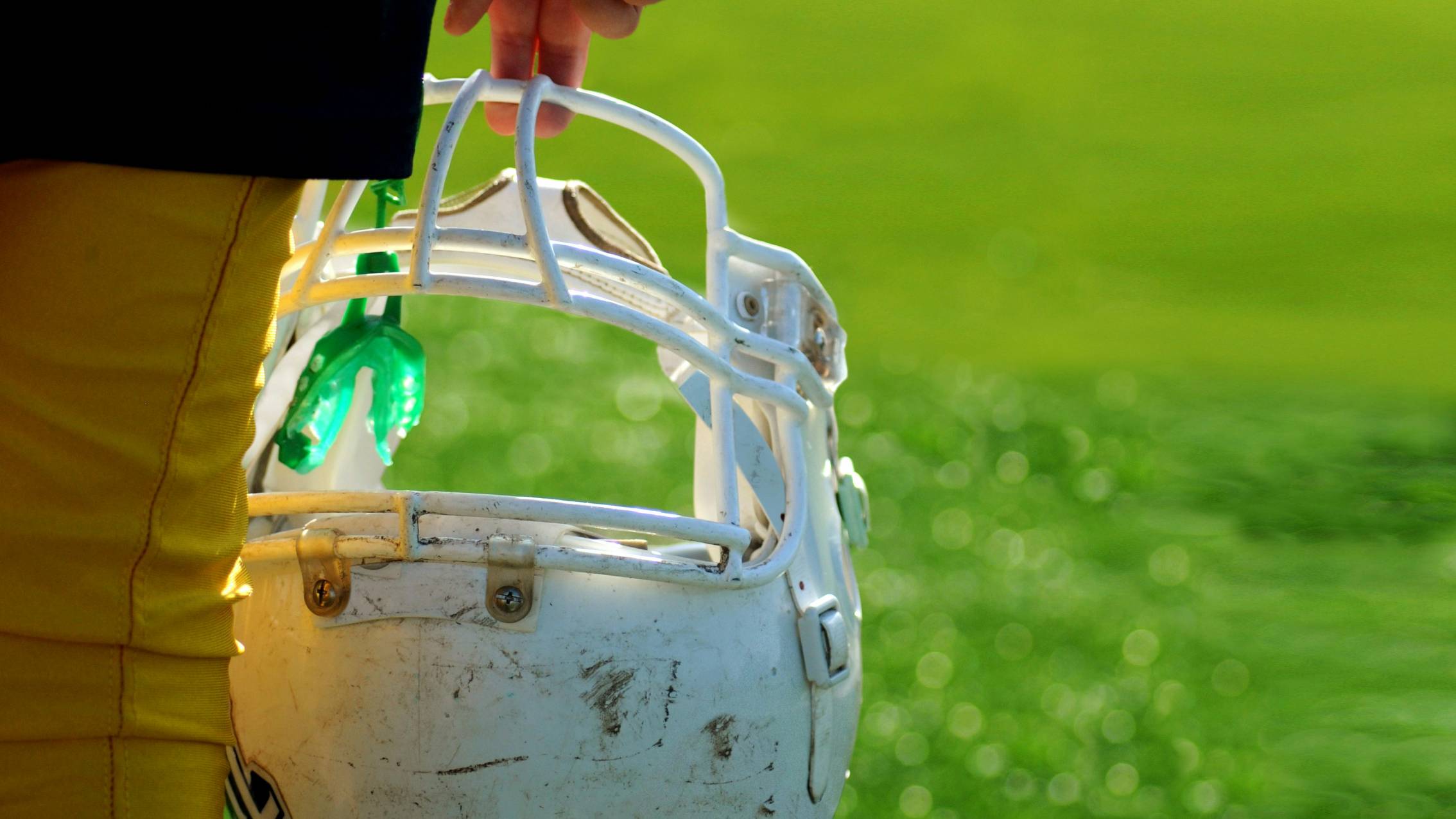Understanding Concussion: What Happens in the Brain

A concussion is a mild brain injury caused by a blow to the head or a violent jolt to the body. Although concussions are generally not fatal, they can lead to serious, long-term symptoms if not treated properly.
Short- and long-term consequences of concussion
Short-term consequences
- Physical symptoms [1] :
- Headache: One of the most common symptoms, often accompanied by pressure or tension.
- Dizziness and disorientation: Sensation of imbalance and confusion immediately after injury.
- Nausea and Vomiting: These symptoms can occur rapidly after impact.
- Sensitivity to Light and Noise: Sufferers may experience increased discomfort from sensory stimuli.
- Fatigue: Unusual exhaustion and excessive sleepiness.
- Cognitive symptoms [1] :
- Memory Problems: Difficulty recalling events just before or after concussion.
- Reduced concentration: Difficulty concentrating on simple tasks.
- Confusion: Inability to think clearly or understand what is going on around you.
- Emotional Symptoms [1]:
- Irritability: Increased mood swings and frustration.
- Depression and Anxiety: Feelings of sadness and nervousness.
Long-term consequences
- Post-Concussion Syndrome [2]:
- Persistent Symptoms: Headaches, dizziness, fatigue and cognitive problems can last for weeks or months.
- Sleep disorders: Insomnia and other sleep disorders are common.
- Neuropsychological problems:
- Cognitive decline: Repeated concussions can lead to memory impairment, concentration problems and slowness in processing information.
- Mood disorders: Depression, anxiety and irritability can persist long after the initial injury.
- Risk of neurodegenerative diseases [3] :
- Chronic Traumatic Encephalopathy (CTE): A degenerative disease associated with repeated concussions, especially in athletes.
- Alzheimer’s disease and other dementias: Increased risk of developing neurodegenerative diseases later in life.
- Impact on Quality of Life:
- Decreased Professional and Academic Performance: Cognitive and emotional sequelae can affect performance at work or school.
- Social relationships: Difficulties in maintaining interpersonal relationships due to changes in behavior and mood.
What happens in the brain during a concussion?
In a concussion, the brain undergoes a severe shock, comparable to a sharp blow or violent jolt to the body. This sudden trauma leads to a cascade of events that affect brain cells and their function.
Moving and stretching neurons
The brain is made up of a complex network of billions of neurons, linked together by axons [4]. In a concussion, the sudden movement of the brain can cause these neurons to shift and stretch. Imagine a gel shaken vigorously: the cells bump and move chaotically.
This excessive stretching of neurons can disrupt their internal structure and impair their ability to communicate effectively. Damaged neurons can release toxic chemicals, aggravating damage and inflammation.
Concussion and axon damage
Axons are the long extensions of neurons that transmit electrical signals throughout the body. They are the “cables” of the nervous system, enabling different parts of the brain and body to communicate with each other.
During a concussion, shearing and stretching forces can damage axons [5], sometimes irreversibly. This axonal damage can lead to impaired communication between neurons, manifesting itself in symptoms such as:
- Concentration and memory difficulties
- Slower reaction times
- Impaired coordination and balance
- Numbness or tingling in the limbs
Brain injury and inflammation
The trauma of a concussion triggers an inflammatory response in the brain [6]. This inflammation is a natural defense mechanism aimed at repairing damage and removing cellular debris. However, excessive and prolonged inflammation can be harmful to brain cells.
The brain’s immune cells, called microglia, become activated and release inflammatory substances. This inflammation can cause :
- Persistent headaches
- Fatigue
- Sleep disorders
- Altered mood and cognition
Chemical disturbances and concussion
The brain functions thanks to a delicate balance of neurotransmitters, the chemicals that ensure communication between neurons. A concussion can upset this balance [4], causing dysfunction in various brain systems.
Neurotransmitter disturbances can cause a variety of symptoms, such as:
- Mood disorders (anxiety, depression)
- Sleep disorders
- Concentration and learning difficulties
- Increased sensitivity to stress
- Dizziness and balance disorders
Impaired blood circulation
Blood flow is crucial to providing brain cells with the oxygen and nutrients they need to function properly. A concussion can disrupt blood flow to certain areas of the brain, which can aggravate injuries and symptoms.
Vascular microtrauma, microscopic lesions of the blood vessels, can also occur during a concussion, increasing the risk of bleeding and other complications.
Protect your brain, prevent and manage concussions
Concussions, though common, are not to be taken lightly. They can have both short- and long-term consequences for brain health.
By understanding the complex mechanisms at work during a concussion, we can better prevent the risks and promote optimal recovery.
Don’t hesitate to consult a doctor at the slightest suspicion of concussion. Early diagnosis and treatment are essential to limit damage and promote full recovery.
By adopting preventive behaviors and remaining vigilant, you can protect your brain and contribute to your overall well-being.
Please note that we are not medical professionals, and that it is important to consult a doctor if you suspect a concussion. A doctor’s recommendations take precedence over the advice presented in this article.
Sources :
[1] Government of Canada (2021). Concussions: Symptoms and treatment. Consulted at the following URL:
[2] Concussion Institute. Post-concussion syndrome. Consulted at the following URL:
https://institutcommotions.com/commotion/syndrome-post-commotionnel/
Ottawa Hospital. Recognizing the symptoms of a concussion. Consulted at the following URL: https://www.ottawahospital.on.ca/fr/avenir-en-sante/reconnaitre-les-symptomes-dune-commotion-cerebrale/#:~:text=Une%20commotion%20c%C3%A9r%C3%A9brale%20est%20une,sont%20au%20nombre%20des%20sympt%C3%B4mes.
[2] Sudbury & District Health Unit (2022). Concussion. Retrieved from URL: https://www.phsd.ca/fr/sujets-et-des-programmes-de-sante/la-commotion-cerebrale/
[3] Sport Resource Centre. (2020). Long-term effects of concussions. Retrieved from URL: https://sirc.ca/fr/knowledge_nuggets/effets-a-long-terme-des-commotions-cerebrales/
[4] Concussion Institute. Concussion. Retrieved from the following URL: https://institutcommotions.com/commotion/
[5] Kerr, B. and Shafi, R. (2021). How biological sex and gender affect concussion risk and management. Retrieved from URL: https://sirc.ca/fr/blog/genre-sexe-et-commotions-cerebrales/#:~:text=Lorsqu%27une%20personne%20subit%20une,l%C3%A9sions%20axonales%20diffuses%20(LAD)
[6] Hamann, J. (2021). Concussions: other injuries prolong symptoms. Université Laval. Retrieved from URL: https://nouvelles.ulaval.ca/2021/08/18/commotions-cerebrales-les-autres-blessures-prolongent-les-symptomes-a:92b8952b-1c0b-4a48-9db2-8a5ecf341a7e
[7] Mao, G. (2023). Traumatic brain injury. Merck Manual. Retrieved from URL: https://www.merckmanuals.com/fr-ca/professional/blessures-empoisonnement/l%C3%A9sion-c%C3%A9r%C3%A9brale-traumatique/l%C3%A9sion-c%C3%A9r%C3%A9brale-traumatique
Don't miss our new ultimate guide to concussion in sport!
Karl Demers

On the same subject
Of course, all sports carry a risk of injury. This is even truer when it comes to team sports.
This article explores the causes, mechanisms, symptoms, treatment and prevention of concussions.
Although often underestimated as a silent epidemic, concussions are one of the most common injuries in the world of sport.


